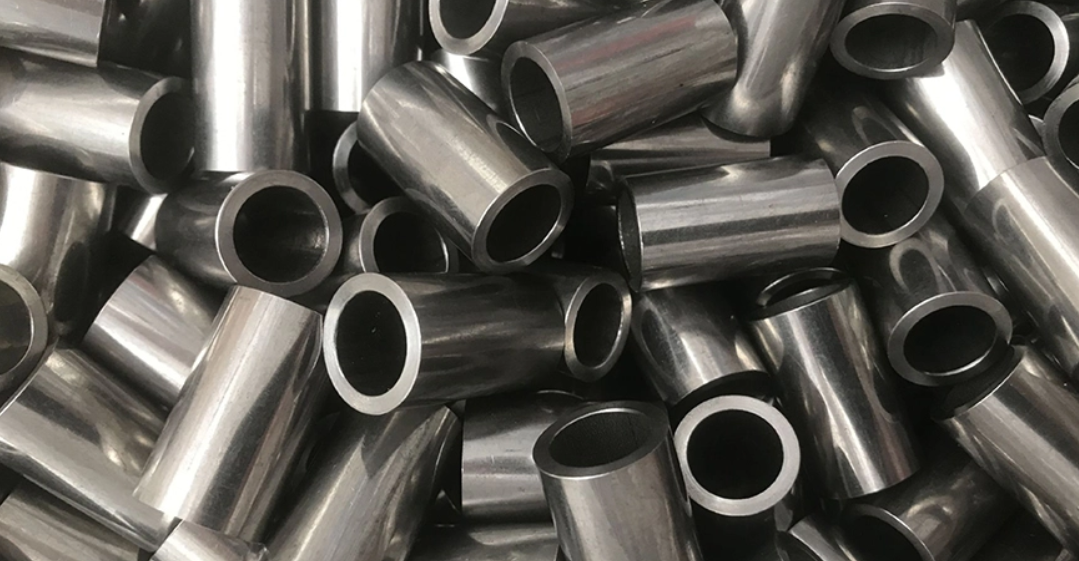Mobile:+86-311-808-126-83
Email:info@ydcastings.com
French
Jan . 23, 2025 01:31
Back to list
different types of impeller
Impellers play a crucial role in a variety of industries, acting as the heart of pumps and turbines. They are designed to impart energy to fluids and are pivotal in processes where fluid movement is essential. Although these components might seem mundane, their significance is underscored by their varied applications across sectors like wastewater management, food processing, and chemical manufacturing.
Turbine impellers, often characterized by their open design, are employed in settings where the entrainment of gas with liquid is a priority, such in industrial mixing processes. These impellers typically produce radial flow patterns and are highly effective in creating turbulence, which is essential for applications like chemical reactions and fermentation processes where consistent mixing at every stage is necessary to ensure homogeneity. Positive Displacement Impellers Contrasting with their centrifugal counterparts, positive displacement impellers are engineered to move fluid by trapping a fixed amount and displacing it through the system. This type is indispensable in scenarios where precise fluid volume control is crucial, such as in dosing applications in pharmaceuticals or food production where consistency and accuracy in fluid delivery can directly influence product quality. Vortex Impellers Vortex impellers are customarily used in wastewater treatment plants. They create a whirlpool effect, allowing solids to pass through the pump without clogging. This feature is vital for processes that involve the transportation of slurries or fibrous materials, minimizing downtime and maintenance costs. Selecting the right impeller type demands careful consideration of the application specifications, including flow rate, pressure requirements, and fluid properties. By aligning these factors with the correct impeller design, businesses can not only enhance the efficiency and reliability of their operations but also extend the lifespan of their equipment. Through ongoing advancements in material science and engineering, modern impellers are now crafted from materials offering enhanced resistance to corrosion and wear. These improvements not only augment performance but also ensure compliance with stringent industry standards, thereby reinforcing trust and reliability. The diverse types of impellers reflect the nuanced needs of various industries and serve as a testament to the symbiosis between technological advancement and practical application. In ensuring that the right impeller is utilized for any given task, companies safeguard their operational integrity and reinforce their reputation as providers of top-tier, reliable solutions.


Turbine impellers, often characterized by their open design, are employed in settings where the entrainment of gas with liquid is a priority, such in industrial mixing processes. These impellers typically produce radial flow patterns and are highly effective in creating turbulence, which is essential for applications like chemical reactions and fermentation processes where consistent mixing at every stage is necessary to ensure homogeneity. Positive Displacement Impellers Contrasting with their centrifugal counterparts, positive displacement impellers are engineered to move fluid by trapping a fixed amount and displacing it through the system. This type is indispensable in scenarios where precise fluid volume control is crucial, such as in dosing applications in pharmaceuticals or food production where consistency and accuracy in fluid delivery can directly influence product quality. Vortex Impellers Vortex impellers are customarily used in wastewater treatment plants. They create a whirlpool effect, allowing solids to pass through the pump without clogging. This feature is vital for processes that involve the transportation of slurries or fibrous materials, minimizing downtime and maintenance costs. Selecting the right impeller type demands careful consideration of the application specifications, including flow rate, pressure requirements, and fluid properties. By aligning these factors with the correct impeller design, businesses can not only enhance the efficiency and reliability of their operations but also extend the lifespan of their equipment. Through ongoing advancements in material science and engineering, modern impellers are now crafted from materials offering enhanced resistance to corrosion and wear. These improvements not only augment performance but also ensure compliance with stringent industry standards, thereby reinforcing trust and reliability. The diverse types of impellers reflect the nuanced needs of various industries and serve as a testament to the symbiosis between technological advancement and practical application. In ensuring that the right impeller is utilized for any given task, companies safeguard their operational integrity and reinforce their reputation as providers of top-tier, reliable solutions.
Next:
Related PRODUCTS











